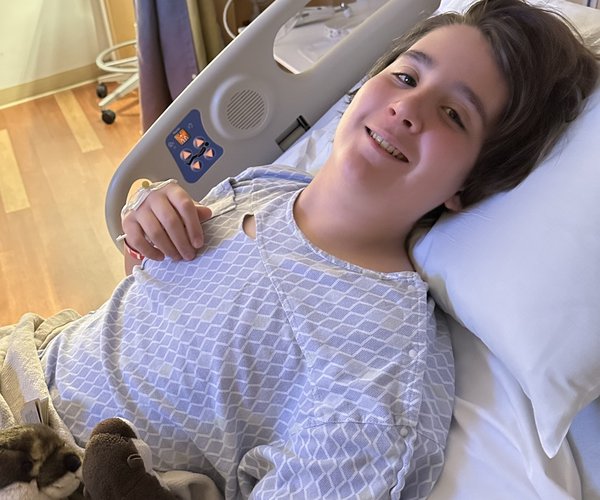The holidays are meant to be filled with joy, but they can also be stressful and challenging for those battling mental illness.
“For many people the holiday season is not always the most wonderful time of the year,” said NAMI medical director Ken Duckworth.
The holidays can worsen people’s mental illness due to potential loneliness and stress.
“Individuals and families coping with mental health challenges, the holiday season can be a lonely or stressful time, filled with anxiety and/or depression. If they are living with a mental health condition, stress can also contribute to worsening symptoms,” said Turlock Unified School District Student Support Clinician Jennifer Carlsen referencing the study.
For example: in schizophrenia, it can encourage hallucinations and delusions; in bipolar disorder, it can trigger episodes of both mania and depression. On top of the holiday season, the COVID-19 crisis has made maintaining mental health more challenging for so many.
Carlsen and the rest of the support clinicians used the study to provide the TUSD community with tips to coping with mental health during the holiday season.
· Understanding what can trigger someone allows them to take steps to avoid situations that will cause additional mental stress. This can be activities such as shopping for holiday gifts or preparing a family dinner. During these stressful times it is important to remember what someone is grateful for and thank those who have supported them.
· Exercising daily can be an important way to destress, because exercise releases stress-relieving hormones in your body and it improves your overall physical health. Eating habits are challenged during the holiday season, but it is important to maintain a healthy diet. Eating well can stabilize someone’s mood.
· Setting aside time for yourself and doing activities that are enjoyable can help alleviate other stresses. Volunteering provides people with a lot of comfort, and it can help feel less lonely and more connected with the community.
Above all else, if someone feels their mental health getting worse, it is important to find support, amongst family, friends, counselors and support groups. For free mental health information, referrals and support individuals can call the NAMI helpline at 1-800-950-6264.





